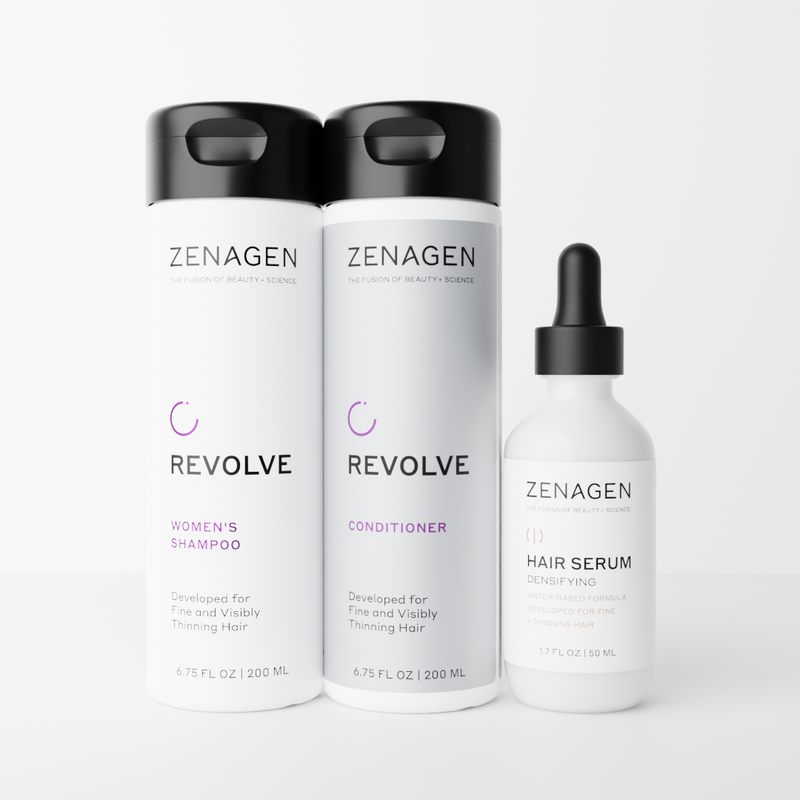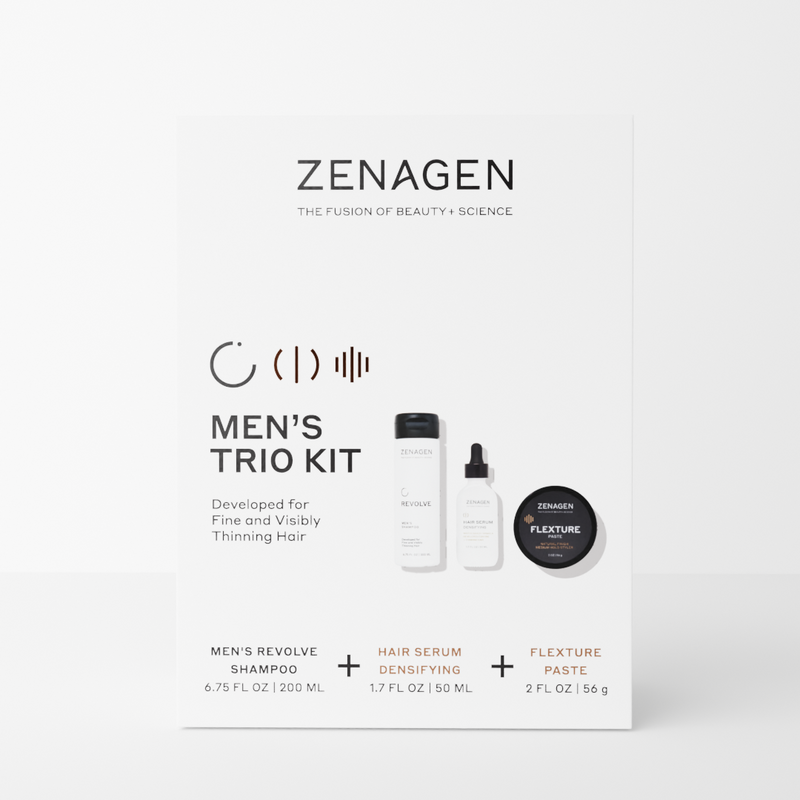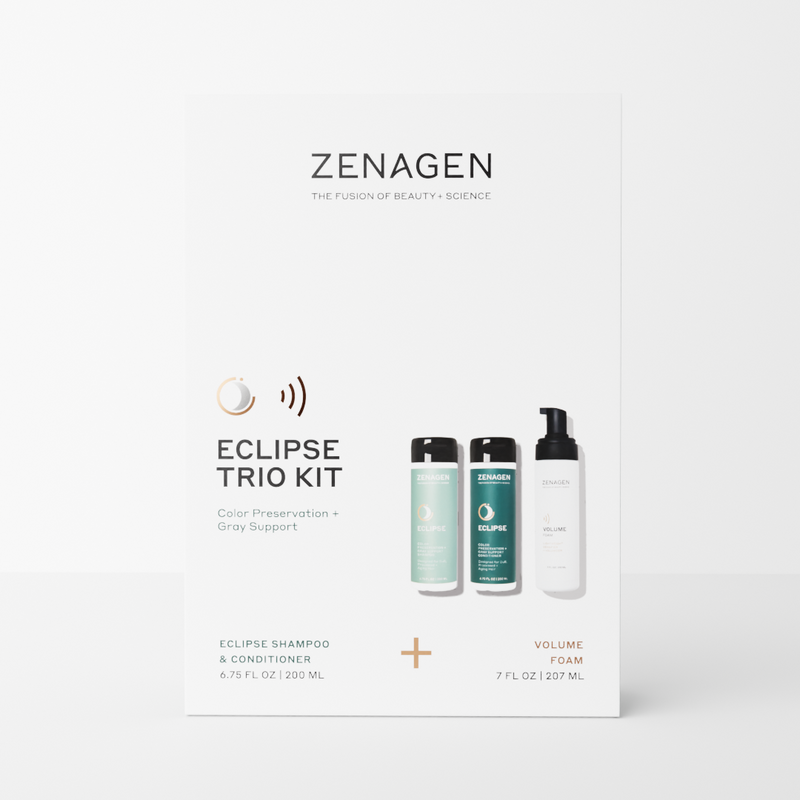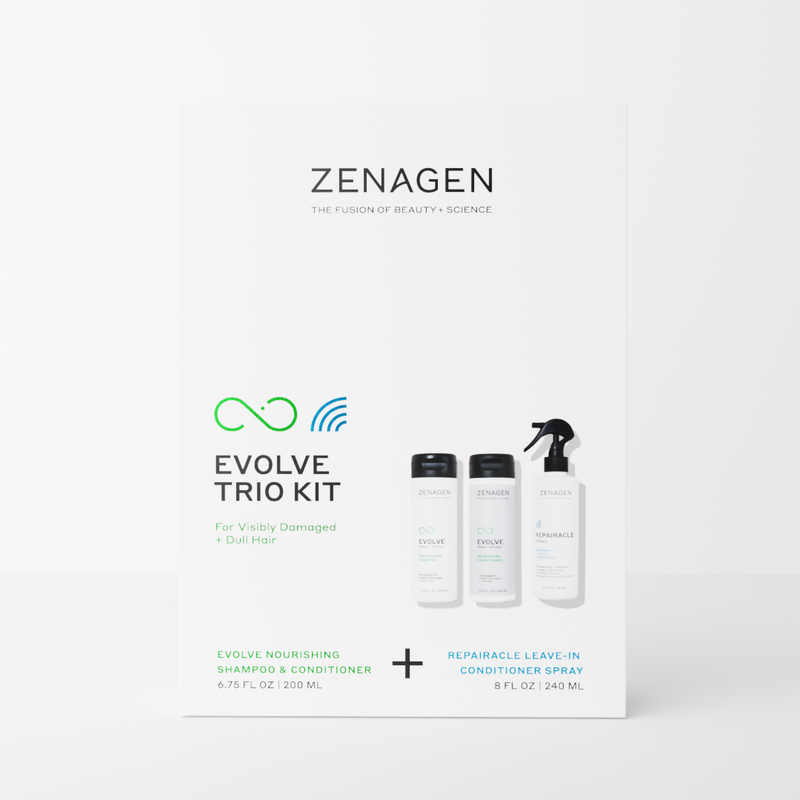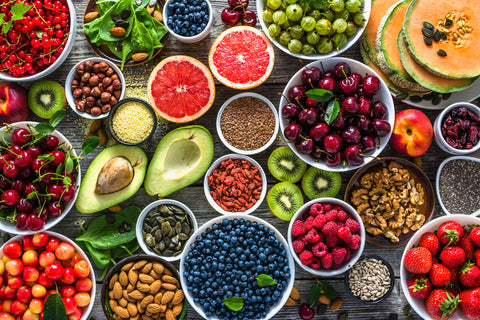
The health and appearance of our hair are often a reflection of our well-being, and one key factor in hair health is our diet. The foods we eat provide essential vitamins, minerals, and nutrients that are crucial for strong, shiny hair. By incorporating hair-healthy foods into your diet, you can promote optimal hair health and vitality.
Essential Nutrients for Strong and Shiny Hair
The following nutrients are scientifically proven to promote hair strength and shine.
Vitamin A
Vitamin A is an antioxidant that ensures the scalp's health for thick, shiny hair. This vitamin aids in the production of sebum, an oily substance that moisturizes the scalp and keeps hair healthy.
Foods like sweet potatoes, spinach, carrots, and kale are rich in beta-carotene, which the body converts into vitamin A. Incorporating these foods into your diet ensures that you get an optimal amount of this nutrient.
Biotin (Vitamin B7)
Biotin, or vitamin B7, aids in the production of keratin, a protein that is the main structural component of hair. Not getting enough biotin can lead to hair thinning or discoloration.
You can find biotin naturally in foods like eggs, almonds, sweet potatoes, and avocados.
Omega-3 Fatty Acids
Omega-3 fatty acids are healthy fats that enhance hair’s elasticity, providing it with strength and shine. They also nourish the hair follicles, promoting hair growth.
Chia seeds, flaxseeds, walnuts, and fatty fish like salmon and mackerel are excellent sources of omega-3 fatty acids.
Zinc
Zinc plays a key role in hair tissue growth and repair. It also helps keep the oil glands around the hair follicles working correctly. A deficiency in zinc can lead to hair loss.
Zinc is available in a variety of foods such as oysters, red meat, pumpkin seeds, lentils, and quinoa.
Protein
Hair is mostly composed of a protein called keratin. Hence, an adequate protein intake is essential for hair growth and for maintaining its structure.
Foods such as chicken, turkey, fish, dairy products, and legumes are excellent sources of protein that can foster hair strength and growth.
Incorporating Hair-Healthy Foods into the Diet
Coming up with a balanced, hair-healthy diet doesn't have to be a chore. Here are some tips and meal ideas to integrate these nutrients into your everyday consumption.
Meal Ideas for Optimal Hair Nutrition
Start your day with a spinach and carrot smoothie that’s packed with essential vitamin A. You can also add a spoonful of chia or flaxseeds for a dose of omega-3 fatty acids. A mid-morning snack of almonds can provide a much-needed boost of biotin.
Lunch could include a salad with kale, sweet potatoes, and grilled chicken for a mix of vitamin A, biotin, and protein. For dinner, meals like salmon or turkey can pack a protein punch, while a side of quinoa or lentils can load you up with zinc.
Snack Choices for Hair Health
Snacking smart is one way to supplement your diet with hair-healthy nutrients. Nuts, particularly almonds and walnuts, are great sources of biotin and omega-3 fatty acids. Pumpkin seeds, packed with zinc, are another excellent snack option.
Integrating these nutrient-dense foods into your main meals and snacks can be a simple, tasty way to ensure you're getting the nutrition your hair needs to stay strong and shiny.
Dietary Habits for Promoting Hair Resilience
Your dietary habits are also instrumental in promoting strong, shiny hair. Paying attention to how and when you consume your meals can make a significant difference in your hair health.
Hydration and Its Impact on Hair Health
Staying properly hydrated is necessary for hair growth and strength as it helps in transporting the essential nutrients to your hair follicles. Dehydration can lead to dry, brittle hair, devoid of the desired shininess.
Experts often recommend drinking around 8-10 glasses of water per day. In addition to drinking water, you can also hydrate yourself by including water-rich fruits and vegetables such as cucumbers, watermelon, and oranges in your diet.
Balancing Nutrient-Rich Foods in Daily Meals
A balanced diet should be your goal. It provides a mix of the essential nutrients your hair needs, without overdoing it in any one area. For instance, overconsumption of vitamin A could lead to hair loss, just as a deficiency can. Similarly, consuming an excess of protein while neglecting other nutrients can lead to hair that is dry and brittle. Moderation is critical.
Lifestyle Practices for Enhanced Hair Vitality
Lifestyle practices often relate to managing stress levels and maintaining physical activity, both of which can significantly impact hair health.
Stress Management and Its Effect on Hair
Stress can have a significant impact on your hair growth and overall hair health. In times of intense emotional or physical stress, your body's energy focuses on essential functions, causing non-essential functions, like hair growth, to suffer. This can result in temporary hair loss, hair thinning, or even graying.
Physical Activity and Circulation for Hair Health
Physical activity is also beneficial for hair health as it improves blood circulation. Enhanced blood flow ensures that your hair follicles receive the necessary nutrients for growth and strength. Additionally, exercise helps to reduce stress levels, further promoting healthy hair.
A Comprehensive Approach to Hair Health
Hair health strategies are not one-size-fits-all, and it may take some time to see results from dietary changes. However, armed with the knowledge of the connection between diet and hair health, you are now equipped to make the best dietary choices to ultimately achieve the shiny, strong, and vibrant hair you desire.
Beautiful hair is not just about external care but also about maintaining internal health. So, eat your way to more fabulous hair, and remember, your hair reflects your overall health and well-being. Treat it well, inside and out.
